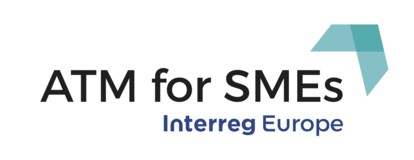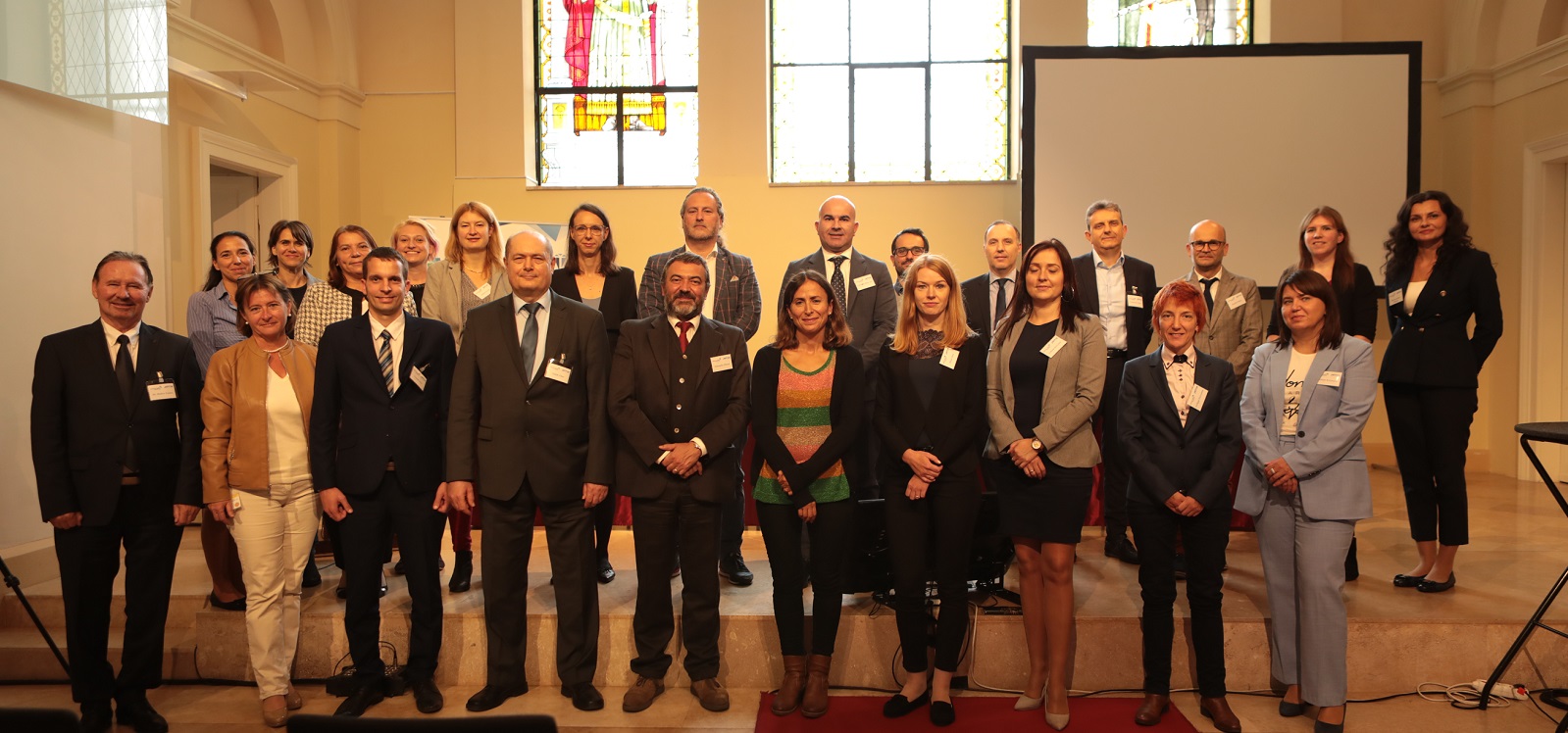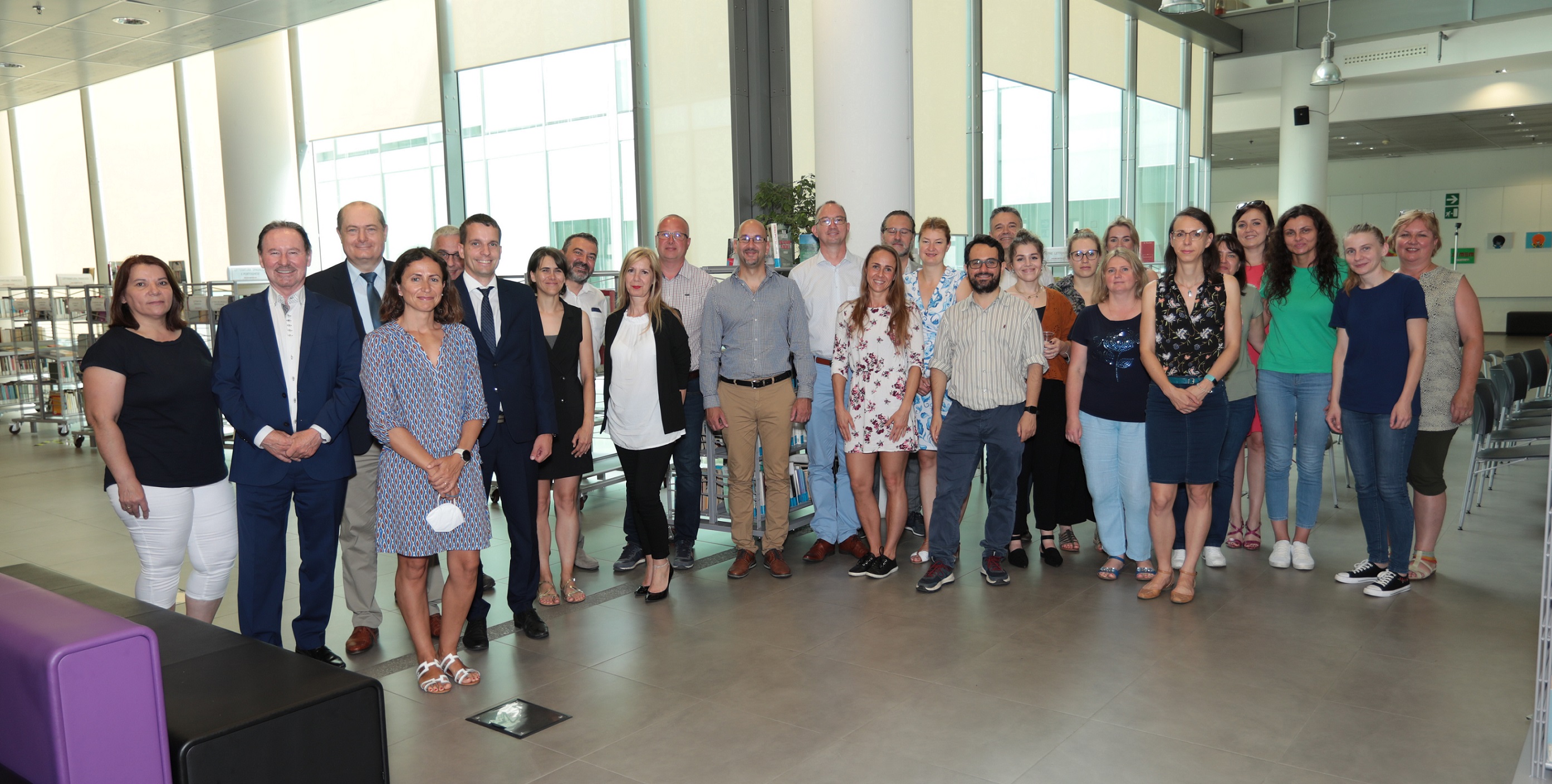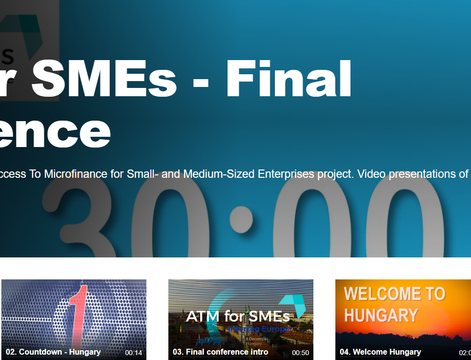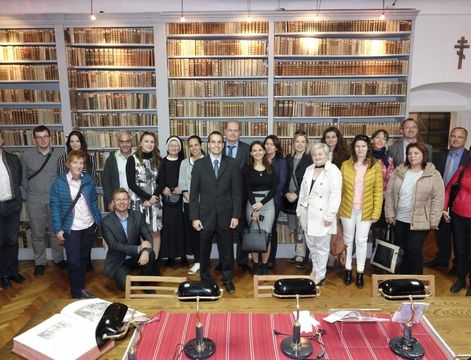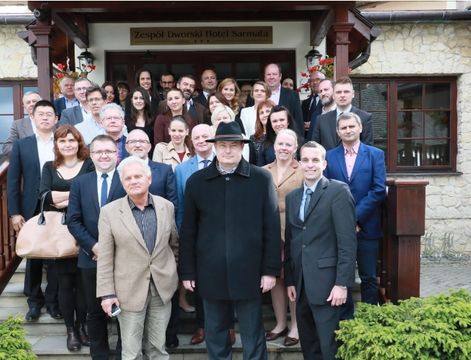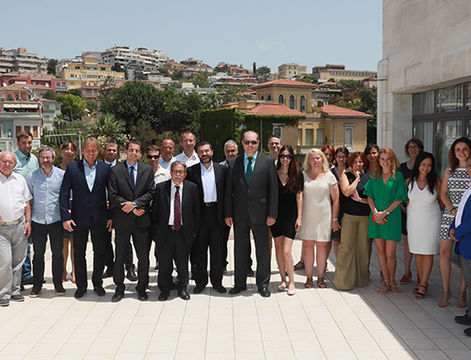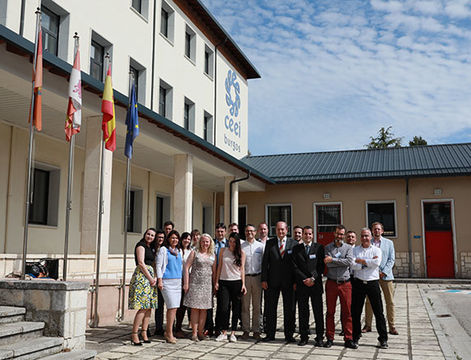The new eligible activities can foster diversification and digitalization – 2 main areas which are indispensable for a resilient SME sector.
Following the 1st project meeting in November, the “ATM for SMEs” partnership gathered again virtually to share the results of the mapping exercise – a process based on a common methodology, to collect regional / national initiatives related to the recovery from the COVID-19 crisis. Each regional partner will collect and elaborate 3 regional initiatives, and the main findings are shared with the partnership during the 3 regional meetings.
The second partner event focused on the new eligible activities in the upcoming calls (mostly funded by ERDF in the framework of regional operational programmes). The partners presented excellent examples for complex recovery measures, usually financial support (loan, subsidy) combined with business development services (mentoring, digitalization).
The following regional initiatives were shared and discussed:
• LP: Survey among SME clients regarding COVID-19 impact
• PP4: COVID-19 Support Instruments – New Start Aid
• PP6: FEIS - Fondo di Emergenza Imprese Sardegna (Sardinian Enterprises Emergency Fund)
• PP7: Measures of the Croatian Employment Service to preserve and retain jobs
• PP9: Vouchers for the purchase of specialist consultancy for SMEs
Besides the regional initiative mapping, the partners did a small-scale research on local level, to describe the regional impacts of the economic downturn due to COVID-19. The LP will evaluate these regional assessments, and also prepare a high-level analysis. The scope of this exercise is:
• creating a framework for further investigation
• providing insights to micro, small enterprises landscape
• showing how initiatives react to the trends and changes in the economic environment & demands from SMEs
There are some preliminary results available (charts concerning employment, economy, COVID-19 measures, SME sentiment and expectations) but the LP is continuing the data collection till the end of the year, and the final analysis will be presented at the 3rd meeting in June.
The partners also discussed the policy improvements, which will be a core outcome of the project. Each regional partner made commitments during the application phase – they identified a local policy which is relevant for access to microfinance, and these policies will be improved based on the findings of the “ATM for SMEs” add-on project. The first results of the policy improvement process shall be discussed during the 3rd partner meeting.
